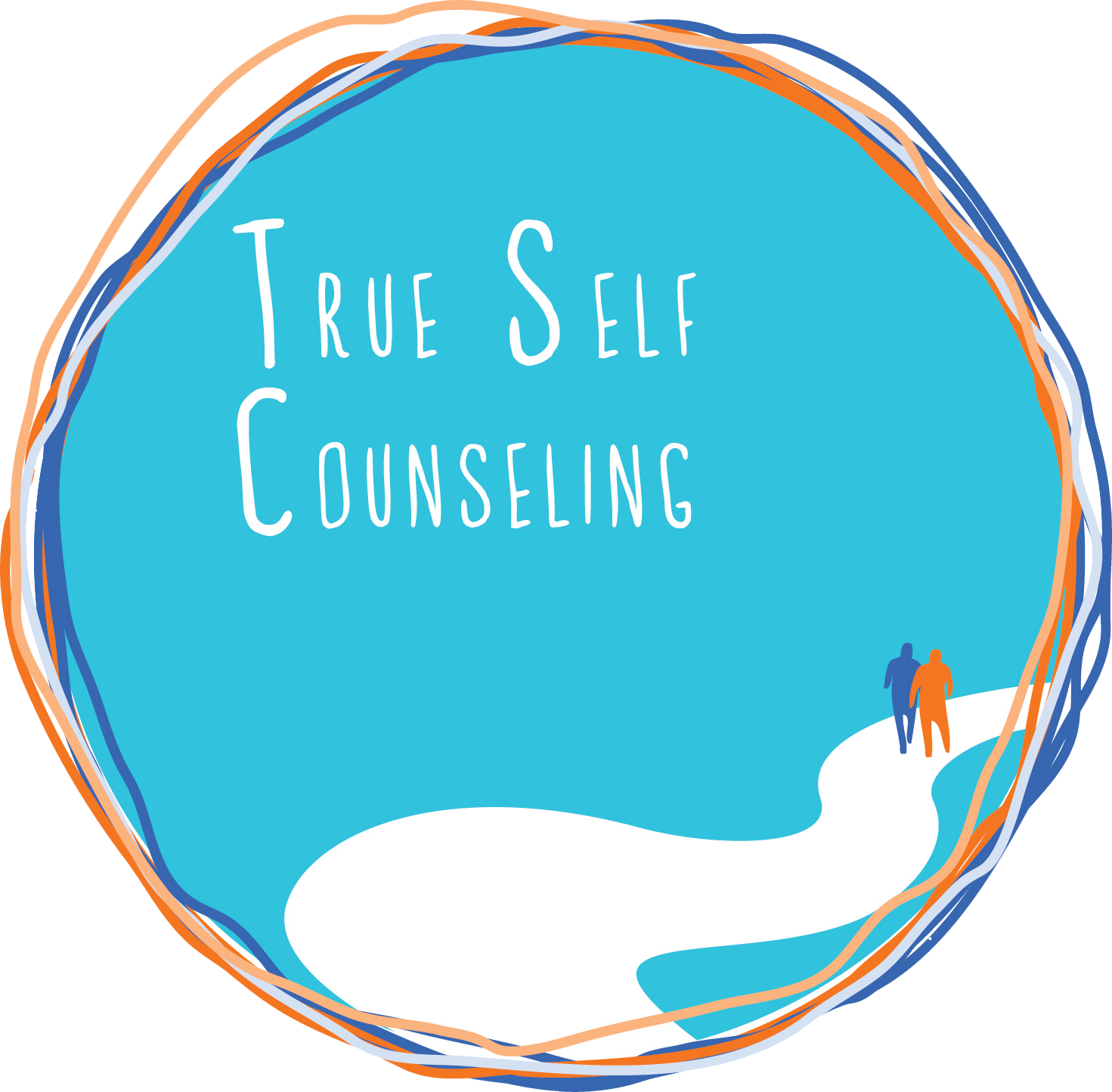![Raised by an Addict [Part I]](https://i0.wp.com/trueselfcounseling.com/wp-content/uploads/2015/05/Osmosis-Blog8-Brooke-Shields-Series.jpg?resize=450%2C225&ssl=1)
Raised by an Addict [Part I]
In her memoir, There was a Little Girl: The Real Story of My Mother and Me, Brooke Shields paints an honest and vivid picture depicting her experience of being raised by an alcoholic mother.
Much of her childhood was filled with chaos, and a lack of structure and stability, which is quite common in families with addiction.
She speaks about the enmeshed, codependent relationship she shared with her mother for many years:
I never thought I could live without you. I knew and understood you better than anyone else in your life. I became the meaning in your life when it would have served you to find the meaning from within. Your approval meant the world to me, as did your happiness. That was the hard part, because I wanted your approval for my growing up independently of you, yet I feared my independence was the root of your unhappiness. But if I had not fought to differentiate myself from you and from our tight bond, I would not have been able to survive.
There are many themes in her life story that are shared by others who have lived with an addicted or mentally ill family member:
…Being constantly afraid and worried for their safety and well-being
…Feeling like it’s your responsibility to keep them sober and alive
…Becoming panic-stricken when you haven’t heard from them in a while
…Desperately trying to control their addiction…AND NOT BEING ABLE TO.
Brooke lacked a sense of confidence and security, despite becoming famous at such a young age. She never felt good enough. How could she, when she wasn’t enough to keep her mother from drinking?
She was not her own person. Her existence and purpose were for her mother, not for herself. How can you be your own person, when you spend all of your energy trying to please someone else? There’s no room for you to discover who you are. Her job was to intuit the moods and needs of her mom: “She was my barometer for joy. If she was happy, I was happy.”
Like many children of addicts, Brooke became parentified, taking care of her mother, instead of getting to be a kid. It affected her as she got older, as well. While others her age were going out and dating, she was afraid to intimately connect with another person, for fear of mom feeling abandoned. As if by loving someone else, she would somehow love her mother less. There wasn’t enough space for anyone else.

